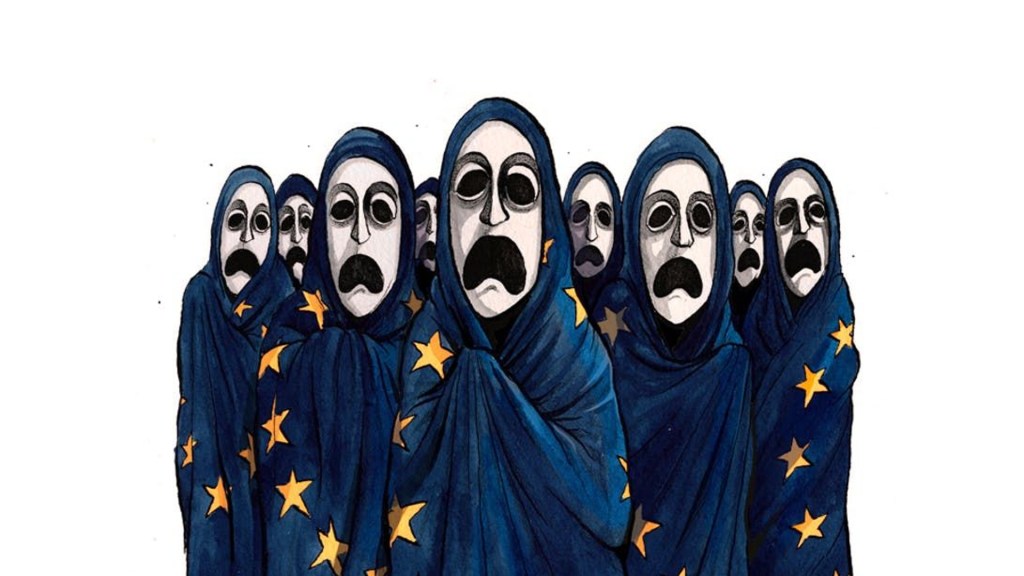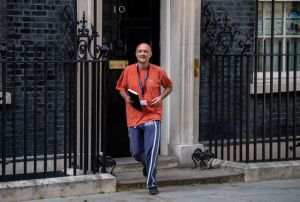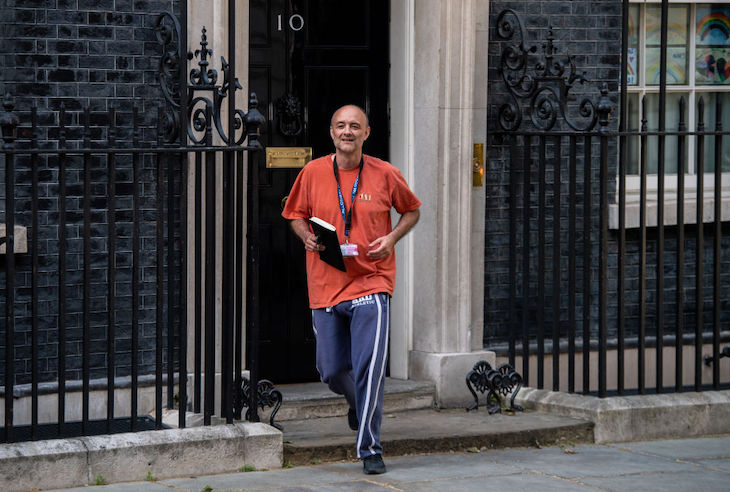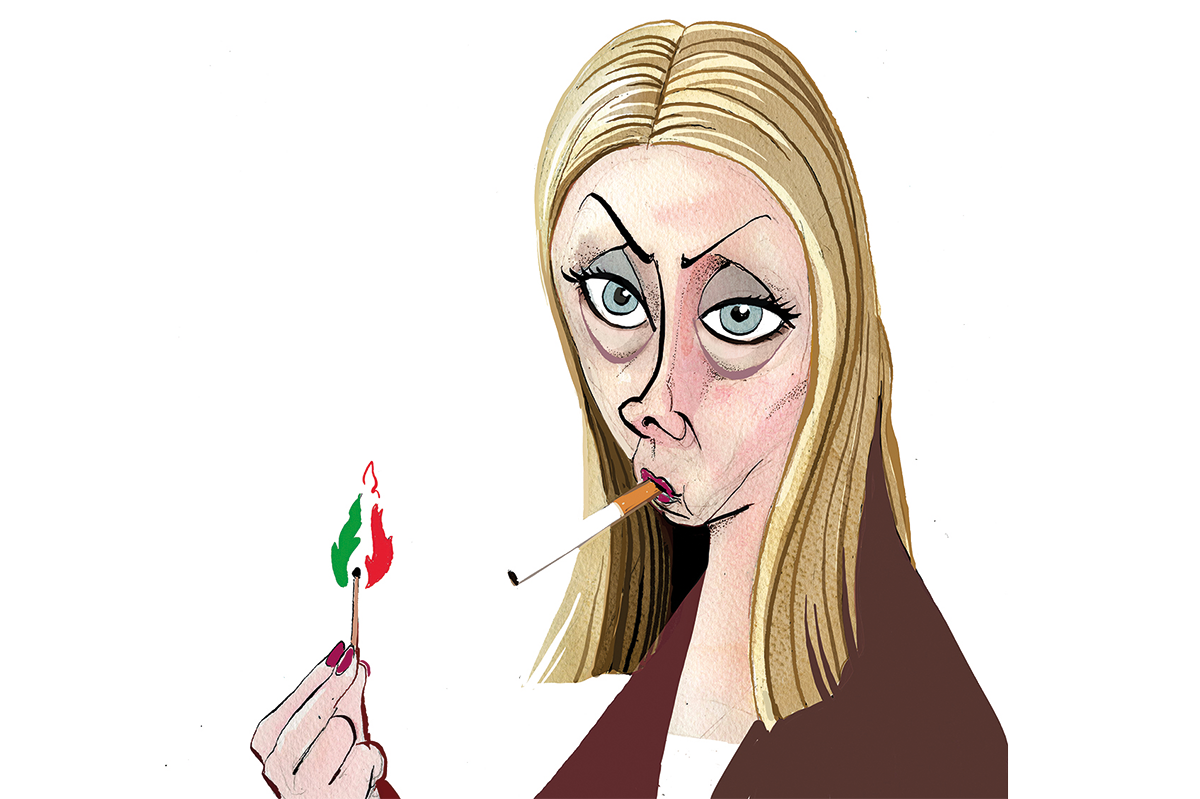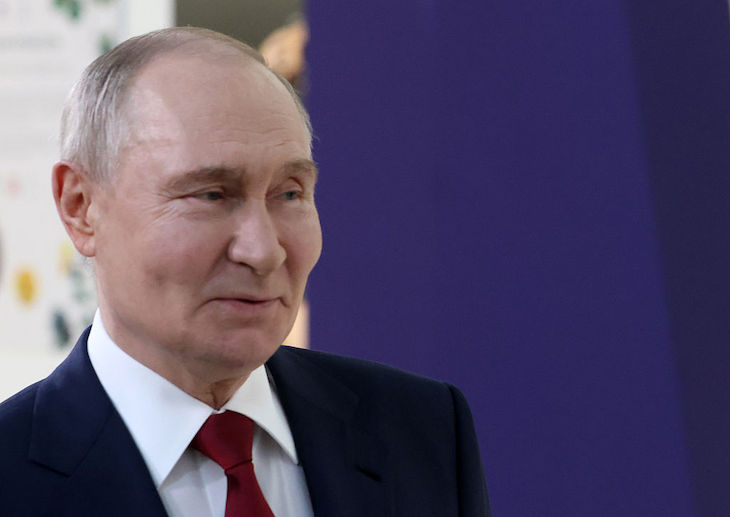This is Brexit all over again. The Swiss government yesterday pulled the plug on its seven-year negotiation of the EU-Swiss institutional framework agreement. Its failure was driven by familiar issues: freedom of movement and dynamic alignment. Just one year ago, the EU’s Brexit negotiators still insisted on dynamic alignment — the idea that Britain would have to follow new EU rules even after it left the bloc. It was only the credible threat of the Johnson administration walking out of negotiations that ended this anti-democratic monstrosity. Every country, the EU included, has the right to restrict market access. But nobody has the right to impose their own legislation dynamically on third countries. This cannot be excused by the idea that, as the larger body in almost any negotiation, the EU has economic might on its side.
Freedom of movement clearly played a role as it did during Brexit. It is intricately interwoven with full membership of the single market and of the EU itself. It is only when member states have full voting rights in the European institutions that such a transfer of power is democratically legitimate. Germany’s constitutional court would rule any such agreement null and void if dynamic alignment was imposed on the country. And yet, as the largest member of the EU, it is happy to impose laws on other countries that it would find unconstitutional.
The EU would do well to reflect on its own mistakes during the Brexit years: playing with the opposition against the government in extending deadlines; interfering in the domestic debate by unofficially backing a second referendum; and by insisting on dynamic alignment during trade talks. The EU’s conduct during this period hardened pro-Brexit views in the UK and generated unassailable majorities for the pro-Brexit Tory party.
Switzerland and the UK are among the richest countries in the world. Both are very old democracies. What inspired the Brits to leave is exactly the same EU approach that has now stopped the Swiss from half-joining. In both cases, the debate was accompanied by Project Fear threats about inevitable economic decline. The pro-EU argument was utilitarian. It didn’t work politically because utility is not distributed evenly across the voting population. In other words, there is one class that enjoyed the benefits of EU membership while another saw little to no benefit at all. And to the surprise of economists, not all voters are as utilitarian in the way economic models demand them to be. Switzerland and the UK have also, historically, been relatively successful in shifting national business models. They will now need to do this again.
The agreement would have secured Swiss access to the single market, opening the door to new agreements in energy and healthcare. Switzerland has already signed more than 120 bilateral agreements with the EU that have enabled barrier-free access to the rest of the union. But it rejected a proposal to join the European economic area in 1992, and its bilateral agreements are problematic because they have had to be renegotiated every time EU law changes. With so many agreements, the process often stalls — if it happens at all — and the EU has insisted since 2008 that Switzerland must sign the framework agreement before concluding any new bilateral deals.
But what were the substantial differences that led to the deal’s collapse? It came down to three contentious points that have not been resolved since 2018 when the agreement was first drafted: wage protection, state aid rules, and the access of EU citizens to Swiss social security benefits.
There was domestic resistance from both the right and the left. The conservative Swiss People’s party rejects European integration and celebrated the decision as a victory for Swiss sovereignty. On the issue of wage protection, the pro-European Social Democratic party was under pressure from unions to oppose the agreement. But Swiss social security benefits were the most contentious issue, with Ignazio Cassis, the Swiss foreign minister, arguing that concessions would have amounted to a fundamental shift for the country’s migration policy. Switzerland wanted to retain the right to choose who settles in its borders and what support the government is expected to give them.
It is too soon to tell whether abandoning the framework agreement will be an economic disaster for Switzerland. Its decision not to join the EEA in 1992 was not a disaster. But if the EU sticks to its word and does not renegotiate the bilateral deals, regulatory divergence is all but inevitable.
This will become a major problem as existing deals come to an end. Just this week, a deal on medical device standards expired, meaning Swiss medical exporters lost access to the single market. Within two years, agreements on mechanical, electrical, and metal industries will also expire, putting 300,000 jobs and 55 percent of goods exports on the chopping block. Capital markets, the power grid, and Switzerland’s participation in the EU science research program are also at risk. The EU should reflect deeply about Brexit and the Swiss ‘nein’ — and avoid assuming this is a right-wing conspiracy. In the UK we heard the expression of bad people lying to stupid people. If that is what you want to believe, go ahead. But it won’t solve your problem.
Instead of this insistence of rigid and ratcheting alignment, the EU should offer an outer layer of membership — an associate membership — that includes the customs union but not the single market. That way it respects the democratic rights of all countries, in and out, and presents them with a choice of benefits and obligations. It’s the half-in status — the one that the UK rejected — which causes all the problems.
This was first published in the EuroIntelligence morning briefing. For a trial subscription click here.



